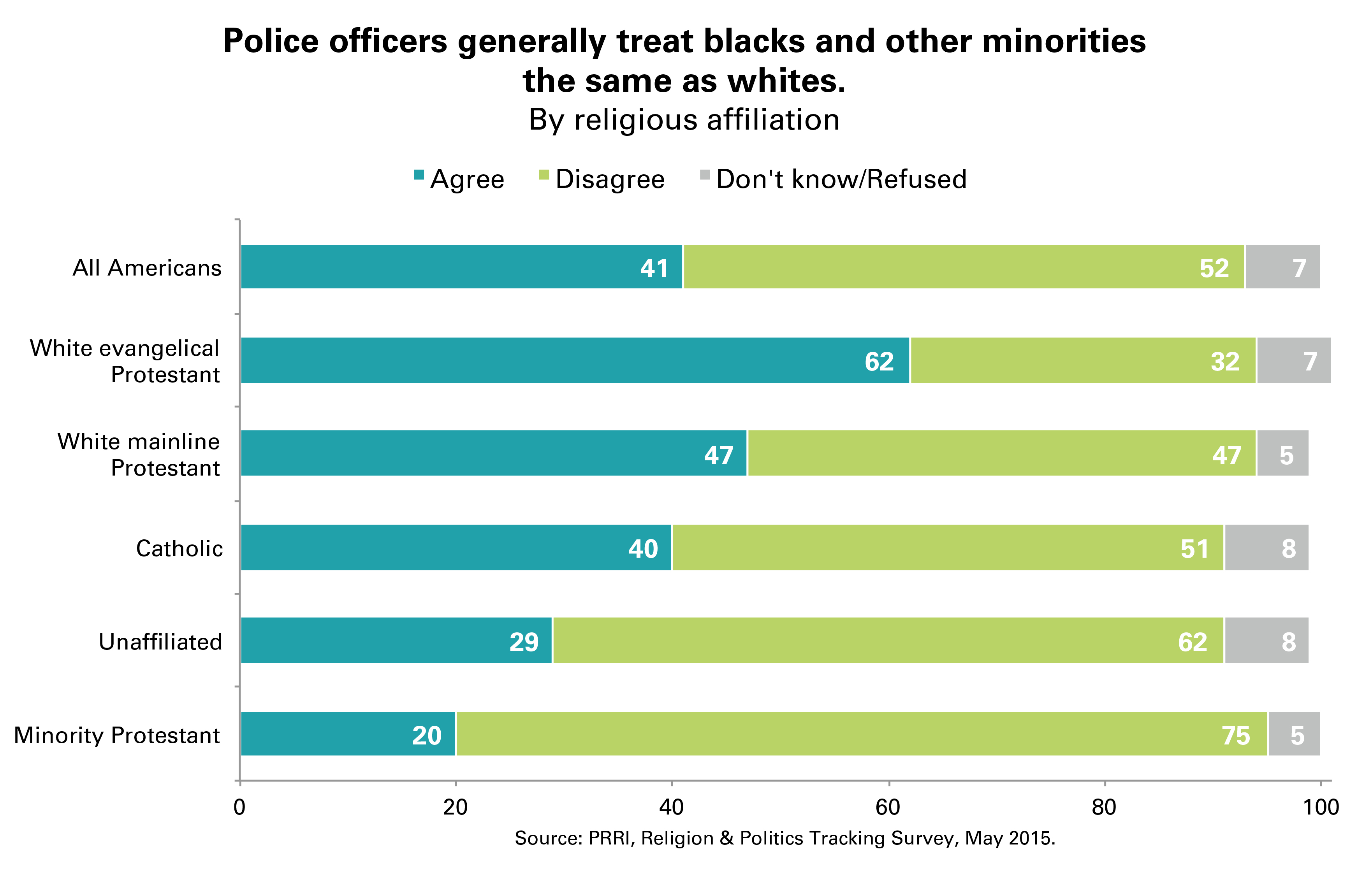A book to redirect our conversations on race
Hi friends. I have good news. Some of you already know, though I haven’t formally announced it on this space yet. In January I will be publishing my first book with Herald Press on a timely and important topic. In response to all the racial violence, particularly the police violence against black people that has been shoved in the face of most Americans for about one year now, we have seen a new justice movement emerge in our generation. People have determined to struggle for change, and to participate in God’s kingdom come right now while still confronting these very old problems. Some, however, like those in the 50s and 60s, have found themselves either silent, or even worse, in opposition to this renewed fight for the liberation of black people from 400 years of tyranny and oppression.

Where the Church is supposed to shine its bright light into the darkness, it has instead too frequently been nothing but a dark hole of despair. The dominant expression of the Church in America seems to be destined to stand against what Jesus stood for and taught throughout his life; justice, mercy, and faithfulness. (Matthew 23:23) While most Christians, within any racialized group, have failed to understand the depth and radicality of simple Christian terms like repentance, kingdom of God, and righteousness, what has been most discouraging for me to watch is how so many white Christians have refused to enter into the vulnerability of simple human dialogue, with an openness and desire to seek to understand other people’s perspectives beyond white dominant cultural vantage points. A recent survey showed that white evangelical protestants, followed next by white mainline protestants, were the least likely to acknowledge the ongoing police brutality.[1] White evangelicals in particular, based on the survey, seem to be operating out of a completely different realm than most other Americans. Why is that so?

My book, Trouble I’ve Seen: Changing the Way the Church Views Racism, seeks to wrestle with that issue and so much more. Its strength, particularly amidst a plethora of racial reconciliation books that exist today, is that it writes and discusses racism out of and in conversation with critical race theory, an academic focus in sociology. It has a thicker and more informed understanding of racism than the think and almost meaningless definitions that we typically operate out of. At the same time, my book is not meant to merely repeat insights from sociology, but I also bring my constructive theology and ethics background into the book, utilizing it to gesture the Church towards a better more faithful way. Finally, because I don’t expect or desire the average person in our Christian communities to have to wade through waters of academic vernacular found in critical race theory or theological ethics, the entire book is written out of a pastoral voice (of which I have 10 years of pastoral ministry experience), and saturated with personal stories and experience that help communicate important themes and points. In short, Trouble I’ve Seen = antiracism theory + theological ethics + pastoral voice.
With accessibility and transformation for the Church as its goal, the book writes from the vantage point that racism isn’t merely a horizontal problem (as though racism would be all solved by pulpit exchanges, multicultural services, and sitting next to each one another in the pew. Instead, I contend that first and foremost racism is a vertical problem; it is a daily encounter within a racialized hierarchy of human beings in society. As readers will see, understanding that our society is racialized and hierarchical will open up a different set of issues within the Church, where we can see that Jesus is indeed the answer for the world today. The problems that we face today, though they didn’t exist in their contemporary forms as they now do, nonetheless have many overlaps with the various hierarchies and systems of oppression that existed for Jesus and the early Church.
Now more than ever we need to follow Jesus, in faithful discipleship, out of the gridlocked conversations and polarized positions that the Church has found itself in. My book, nonetheless, will not solve all the issues that we are facing, that is beyond what I am capable of providing. It does, however, humbly attempt to redirect the conversations around race and racism in the Church, so that we are able to think deeply about how the ongoing realities of domination and control of one group over others, still shapes our everyday intuitive perspectives, habitual choices, and cripples our possibility towards finding our way back into the transformative presence of Jesus.
I’m really excited about the book release in January. I’ll be sharing more details as the release approaches, but I wanted to make sure to share this news with my readers. I continue to be encouraged with how I see God mobilizing and inspiring pockets of the church, to be the Church, when we have so frequently been blinded by the smog of cultural smoke and mirrors. My travels have allowed me to meet people from all over the country that are seeking to embody the story of Jesus, in transformative ways, in our racialized society. More and more, Christian communities throughout our society are prepared to align themselves with the God that has “chosen what the world thinks weak to shame the strong” (1 Corinthians 1:27) and whom was revealed in the person of Jesus to “let the oppressed go free.” (Luke 4:18) God is at work! Let us join in with what the Spirit is doing during this moment of great need, and not miss the movement taking place right now.
[1] “Survey | Deep Divide Between Black and White Americans on Criminal Justice System’s Racial Equality; Persists from Rodney King to Freddie Gray,” Public Religion Research Institute, accessed July 31, 2015, http://publicreligion.org/research/2015/05/divide-white-black-americans….





